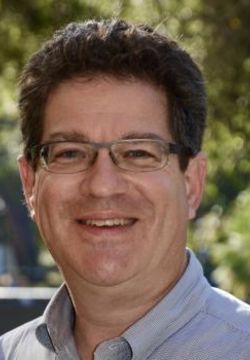Closing Pandora’s Box? The Territorial Integrity Norm and Deterrence of Territorial Revisionism

Scholars and policy makers have argued that territorial revisionism is dangerous because it risks setting off a cascade of claims by states dissatisfied with their borders. This “Pandora’s Box” logic has been invoked both to explain the acceptance of a territorial integrity norm in some parts of the world as well as to advocate for efforts to resist attempts at conquest. Although plausible, this logic has not been subject to theoretical or empirical examination. Under what conditions can territorial stability emerge in the face of widespread dissatisfaction with borders? Is there evidence that fears of widespread revisionism have deterred states from making territorial claims? In this paper, we develop a three-state model of territorial conflict which demonstrates that, under certain conditions, an equilibrium can exist in which states cooperate to preserve the territorial status quo in order to avoid claims to their own territory. We then explore this logic empirically by testing whether vulnerability to potential claims from third-party states deters states from contesting the status quo. We find some evidence that this logic contributed to a reduced risk of territorial revisionism in postindependence Africa, where this logic is most frequently invoked, but not in other regions. We conclude that while a “Pandora’s Box” of potential claims and counterclaims can provide the basis for a self-enforcing norm of restraint, this equilibrium emerges under restrictive conditions that have not been common historically.
Kenneth A. Schultz is William Bennett Munro Professor of Political Science at Stanford University. His research examines international conflict and conflict resolution. He is the author of Democracy and Coercive Diplomacy and World Politics: Interests, Interactions, and Institutions (with David Lake and Jeffry Frieden), as well as numerous articles in peer-reviewed scholarly journals. He was the recipient the 2003 Karl Deutsch Award, given by the International Studies Association, and a 2011 Dean’s Award for Distinguished Teaching, awarded by Stanford’s School of Humanities and Sciences. He received his PhD in political science from Stanford University.